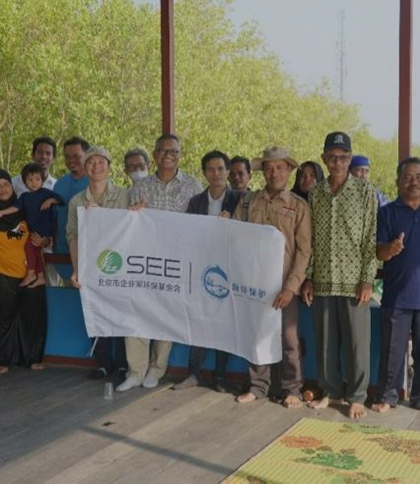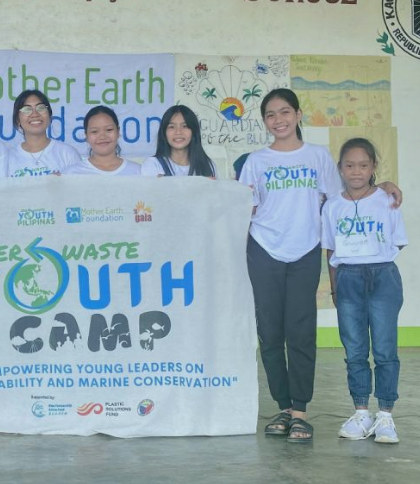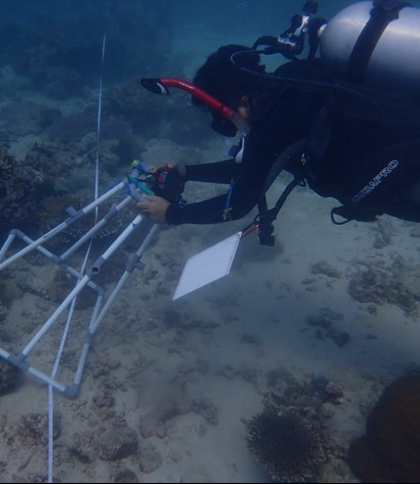




In the Philippines and many Southeast Asian countries, a large number of people and organisms live on small islands. However, the generation of household and tourist waste, mainly plastic, and leakage caused by improper management have serious impacts on the health of ecosystems such as islands, mangroves and coral reefs, marine biodiversity, and the sustainable development of island communities.
The project selected Siquijor Island and Apo Island Marine Protected Areas in the Philippines as pilot sites, and through cooperation between the public welfare partners and the local government and community, the project conducted scientific research to identify the sources and types of local waste, and put forward recommendations for improvement in light of the characteristics of the islands, and compiled a case study and a model report on the zero-waste islands; constructed community-owned waste recycling facilities and composting parks, and carried out community-based waste sorting into households, and improving the waste-free management system of the islands; carrying out community education to encourage the local community to use locally-produced food and reduce the inflow and use of plastic packaging; organising a marine youth camp and four beach-cleaning activities, which attracted more than 50 students from 23 local primary schools and one secondary school, as well as more than 100 members of the public to take part in marine conservation actions, and enhanced the marine literacy and environmental awareness of a total of more than 100,000 people on the two islands; and marine literacy and environmental awareness; and plans to provide policy advice and capacity-building to more island communities in South-East Asia in 2024 through the establishment of a zero-waste academy.


